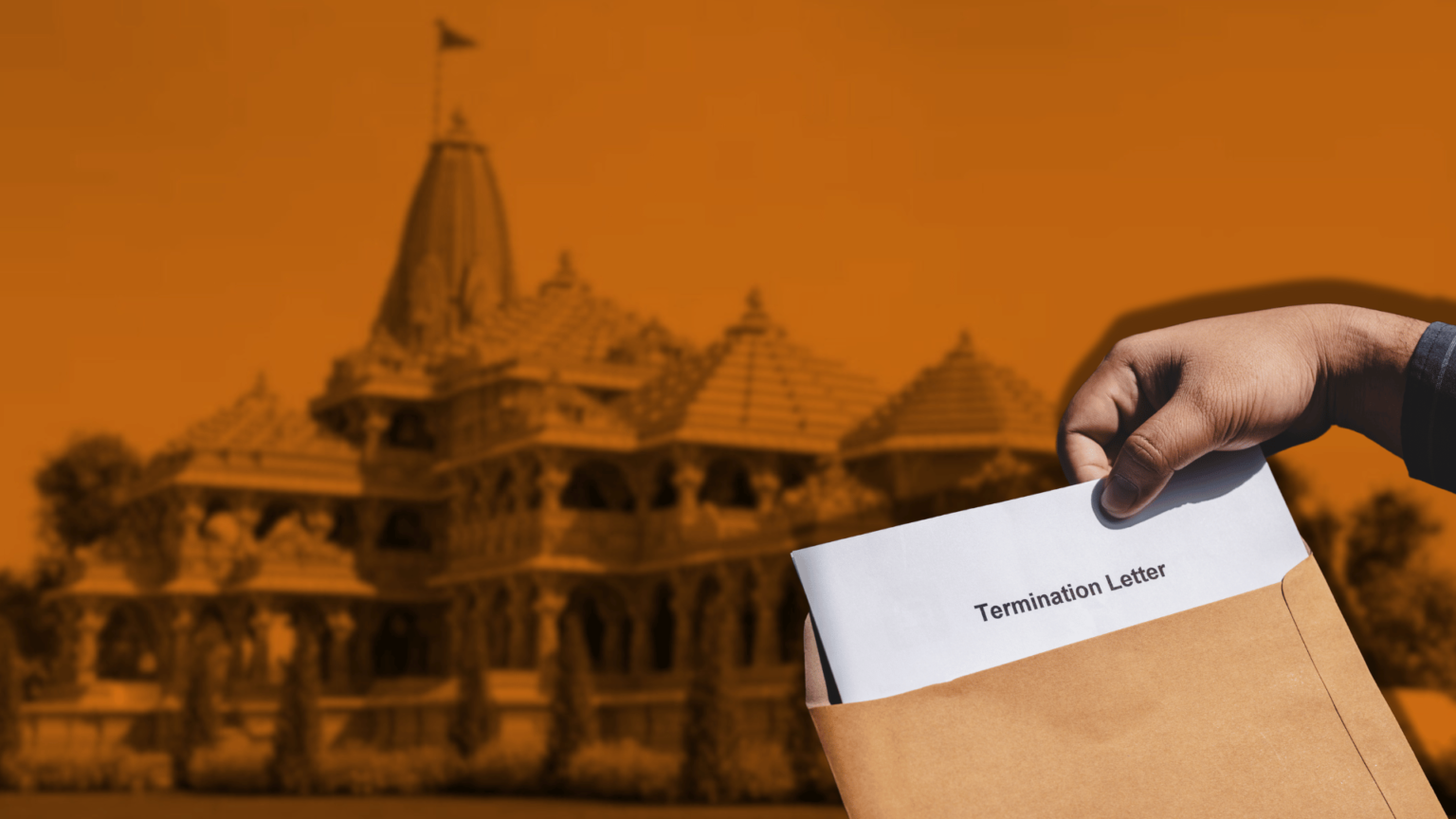Nine Indian expatriates in Kuwait recently faced legal consequences for participating in the celebration of the inauguration of the Ram Temple, which followed the controversial demolition of the Babri Masjid on January 22. Orchestrated by the Modi government, this move has stirred global outrage, particularly among Hindu extremists.
Kuwait, a country often regarded as an advocate for Islamic values, promptly demonstrated its disapproval of India’s actions. The nine Indian citizens, employed by two different companies in Kuwait, distributed sweets among colleagues to mark the inauguration of the Ram Temple. However, the Kuwaiti authorities swiftly intervened, interpreting this gesture as an act of insensitivity towards Islam.

Consequently, the Indian expatriates not only lost their jobs but were also directed to leave the country immediately. This incident adds to a series of past instances where Indian expatriates faced repercussions due to their perceived involvement in activities deemed anti-Islamic.
The rise of Hindu extremism on a global scale is increasingly drawing condemnation, compelling adherents of radical ideologies to face the consequences of their actions. The international community continues to witness the growing severity of Hindu extremism, prompting timely and concerted efforts to curb its influence and hold perpetrators accountable for their actions.
The incident in Kuwait highlights the diplomatic and societal ramifications of controversial decisions made by the Indian government, affecting the lives of Indian expatriates abroad.
As tensions persist, it underscores the need for nuanced and inclusive approaches to religious and cultural matters, fostering understanding and respect among diverse communities in the global landscape. The evolving dynamics of Hindu extremism and its impact on international relations call for a careful examination of the broader implications and a commitment to promoting tolerance and coexistence.


